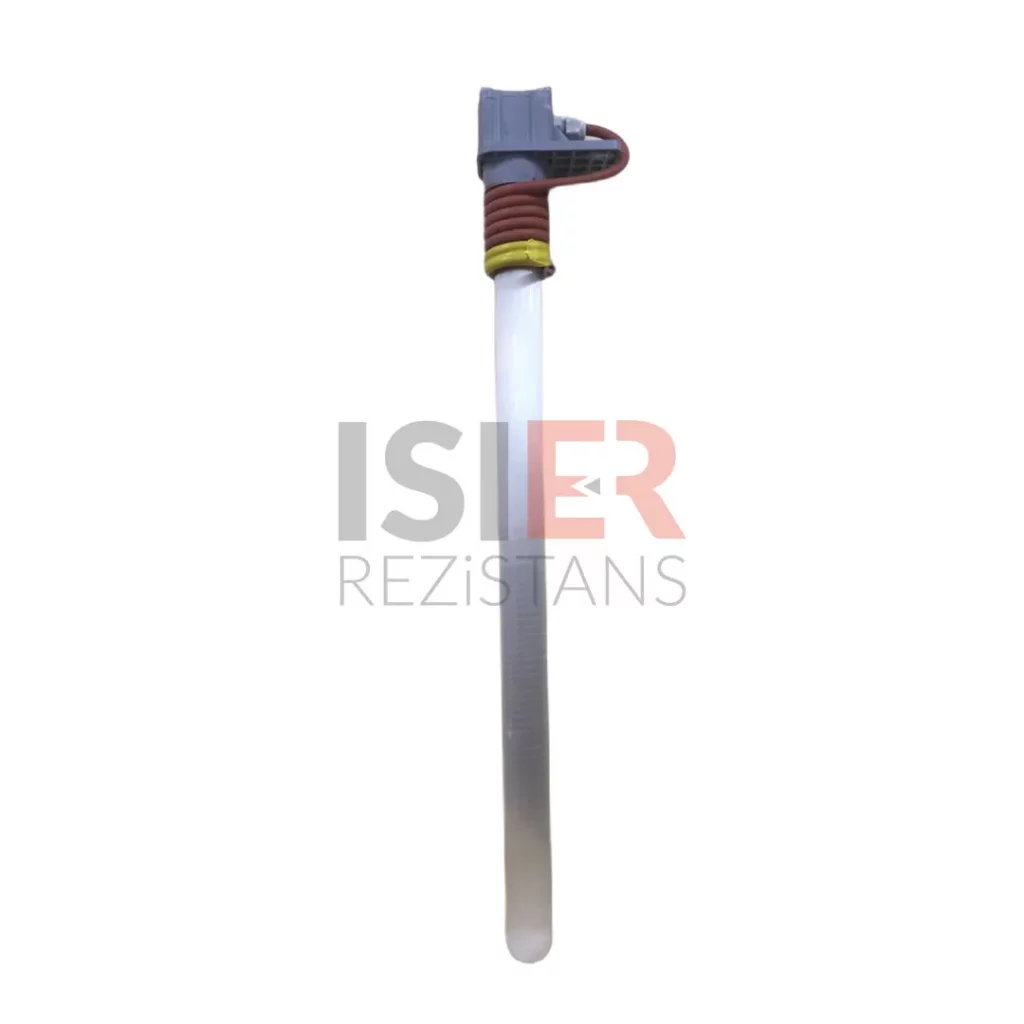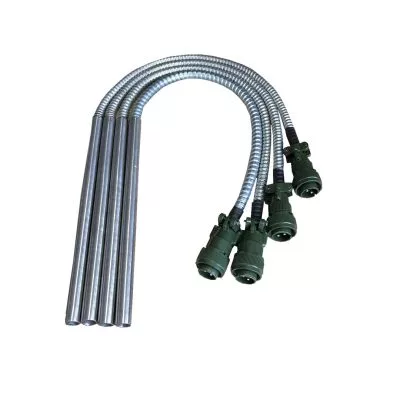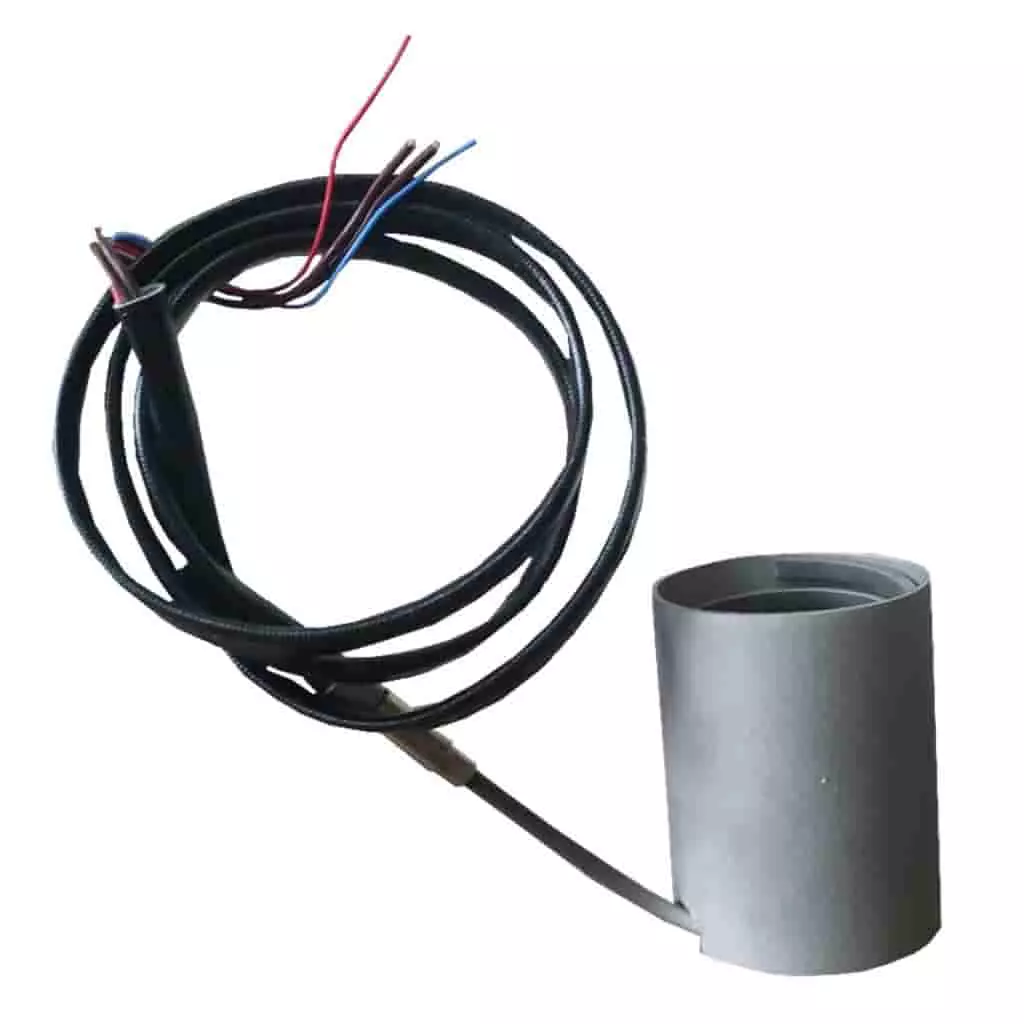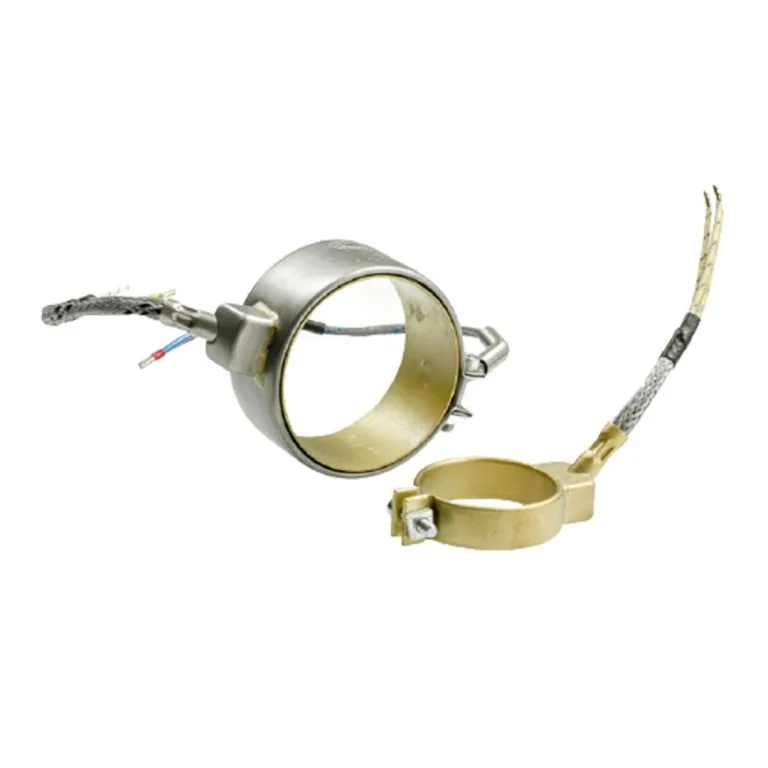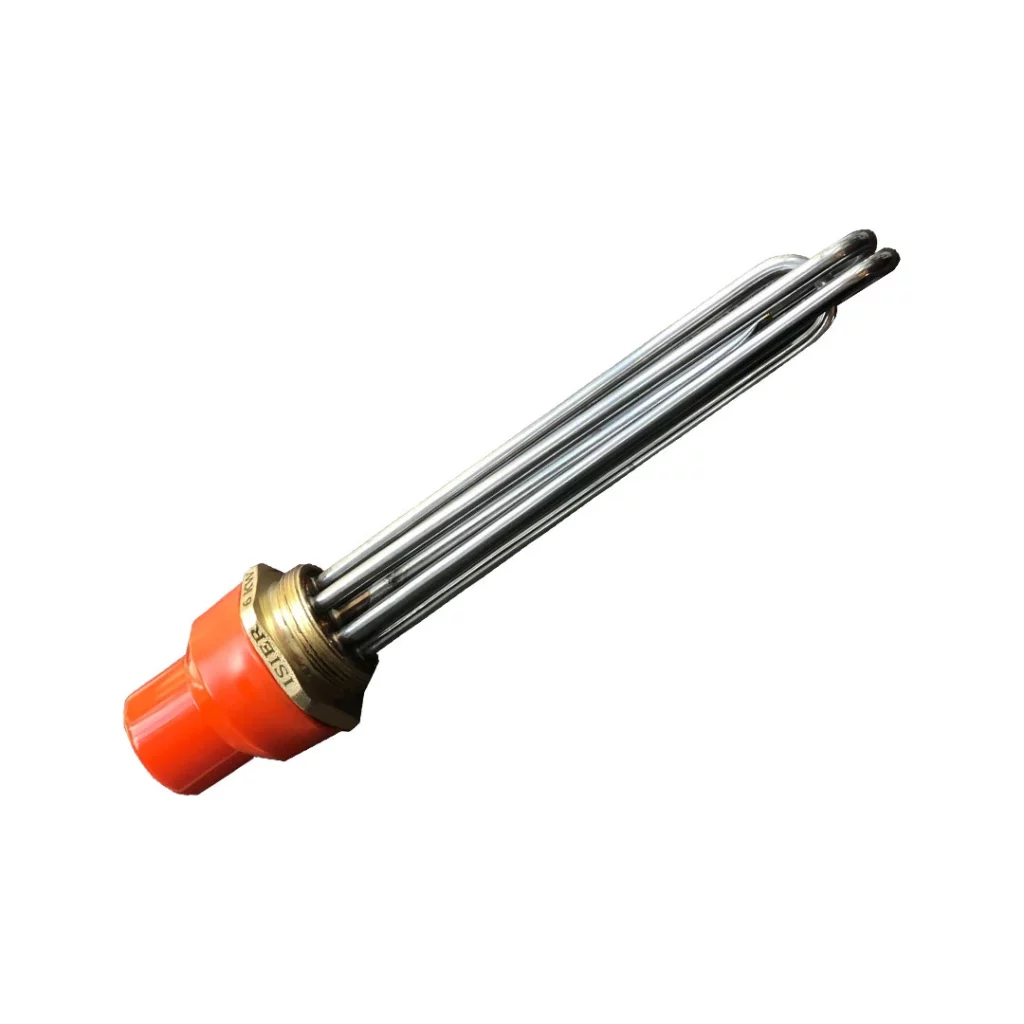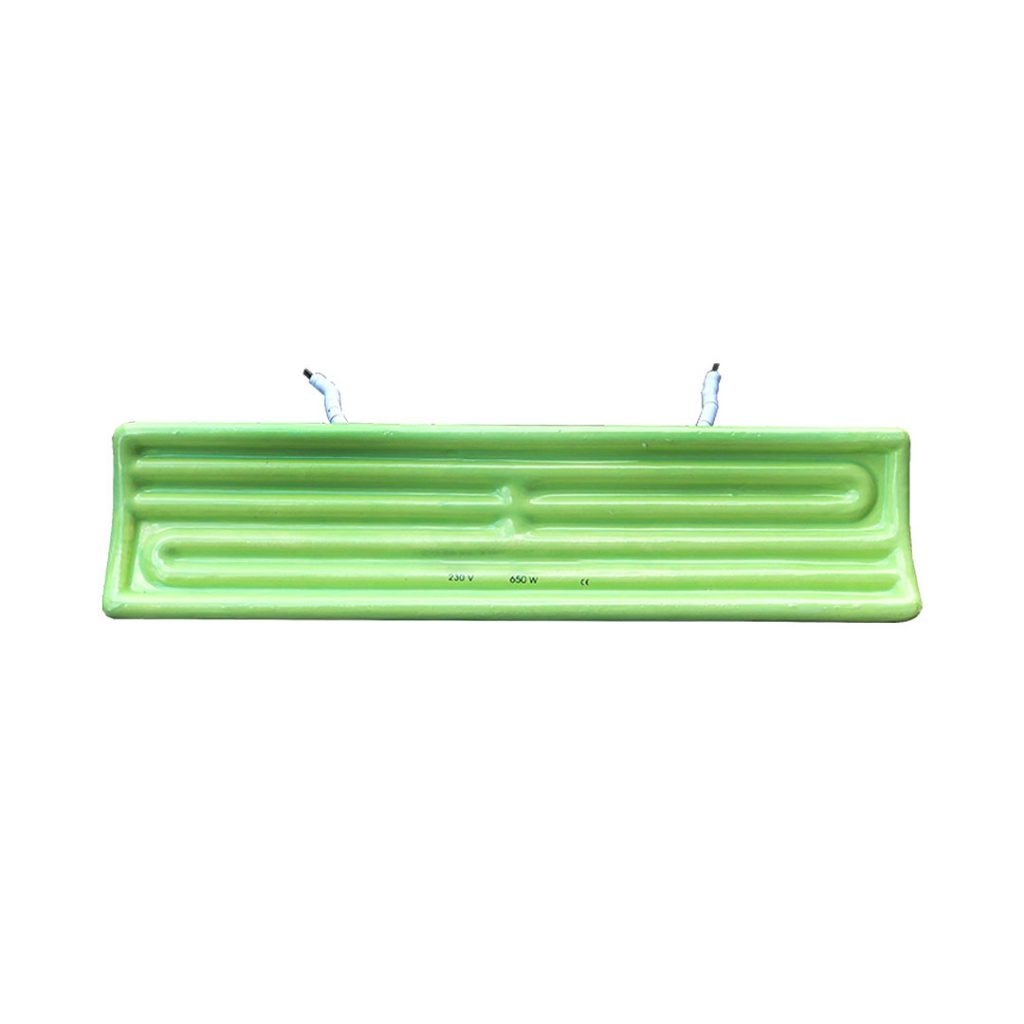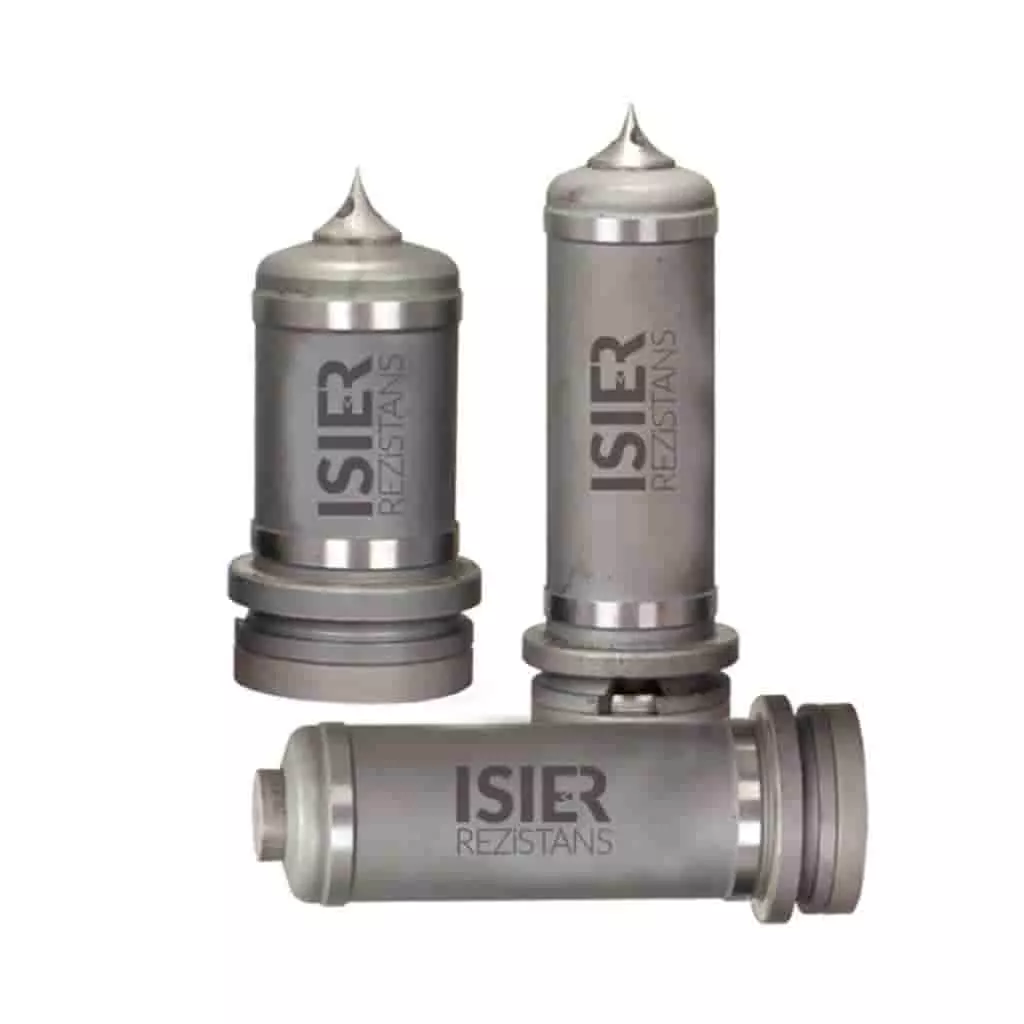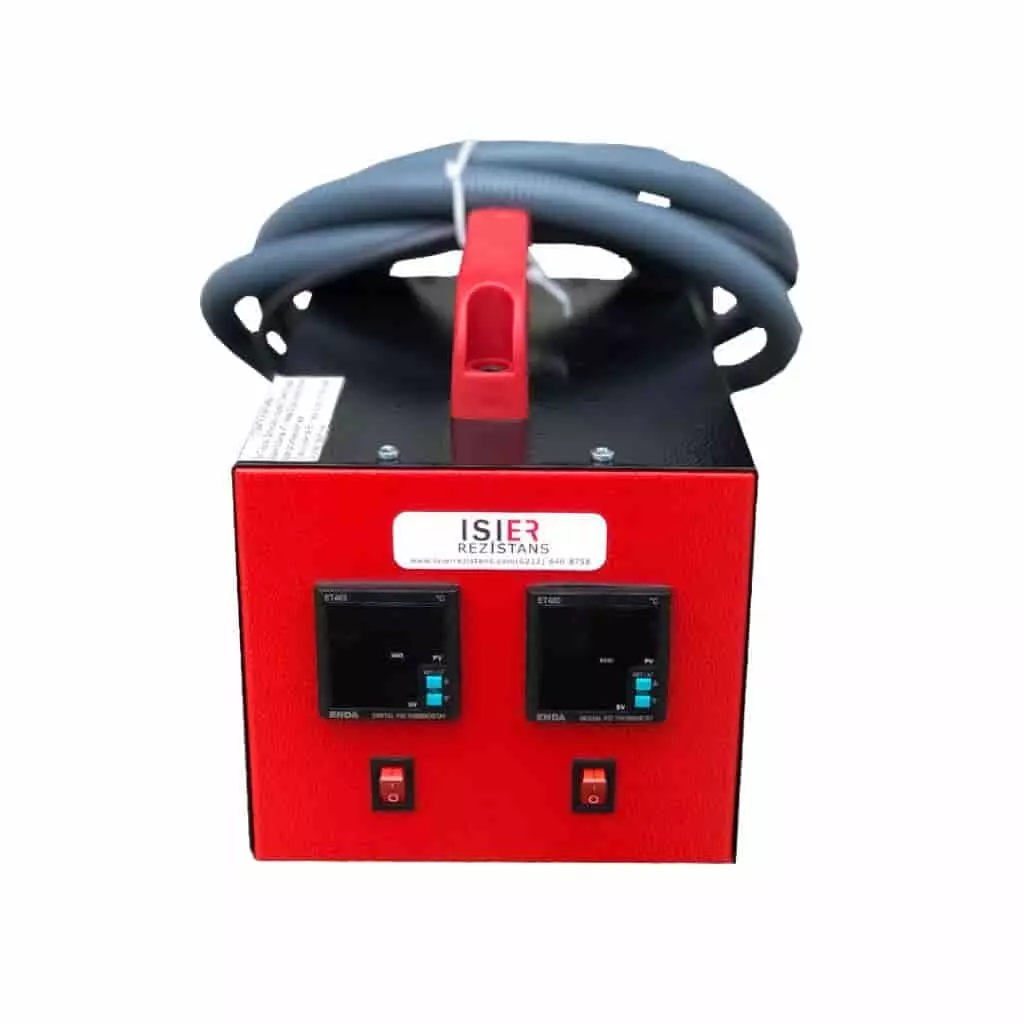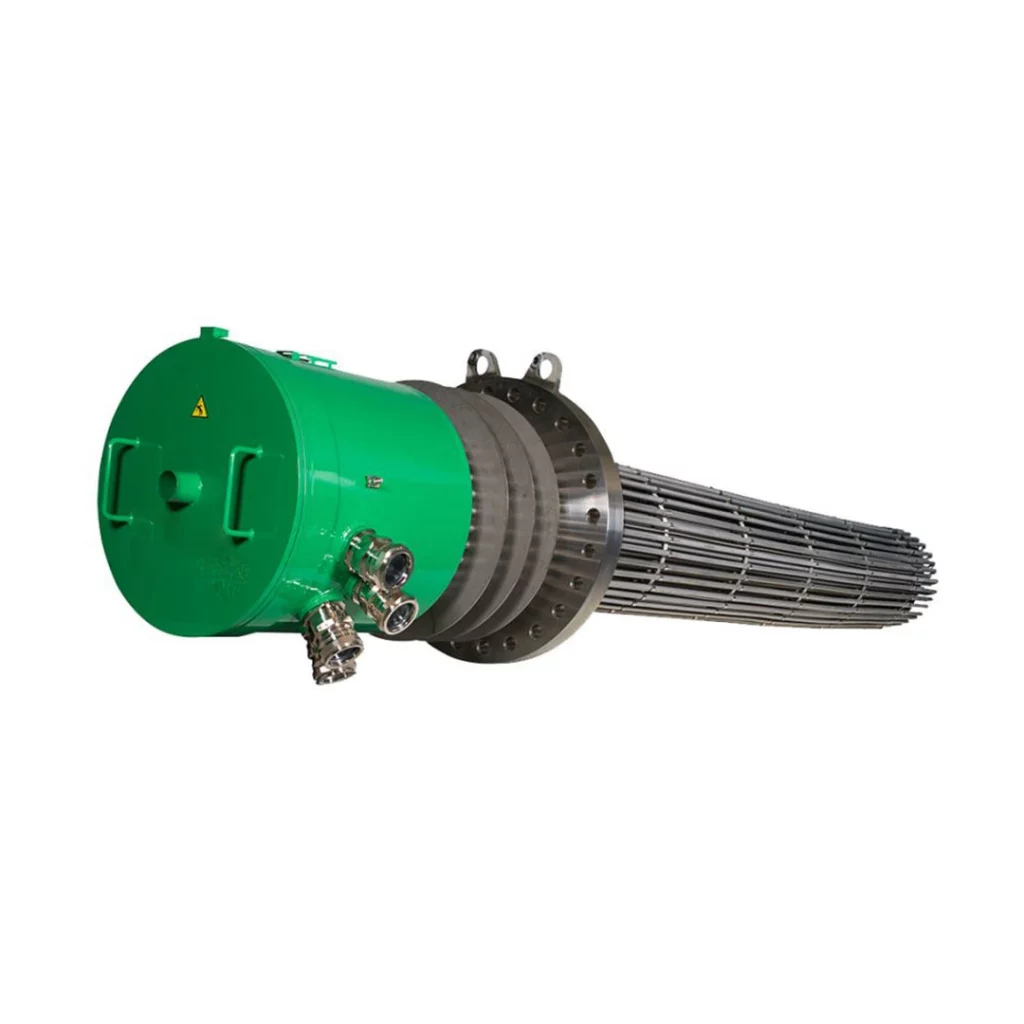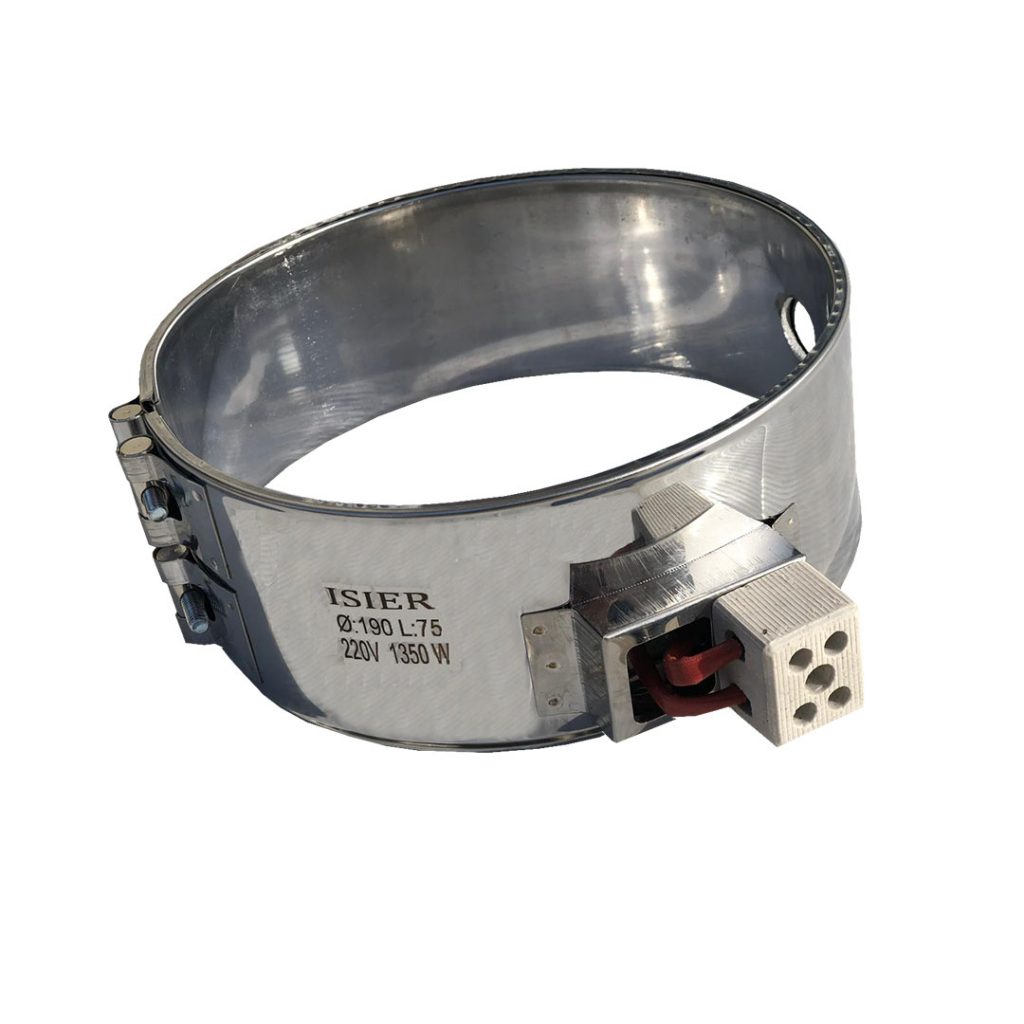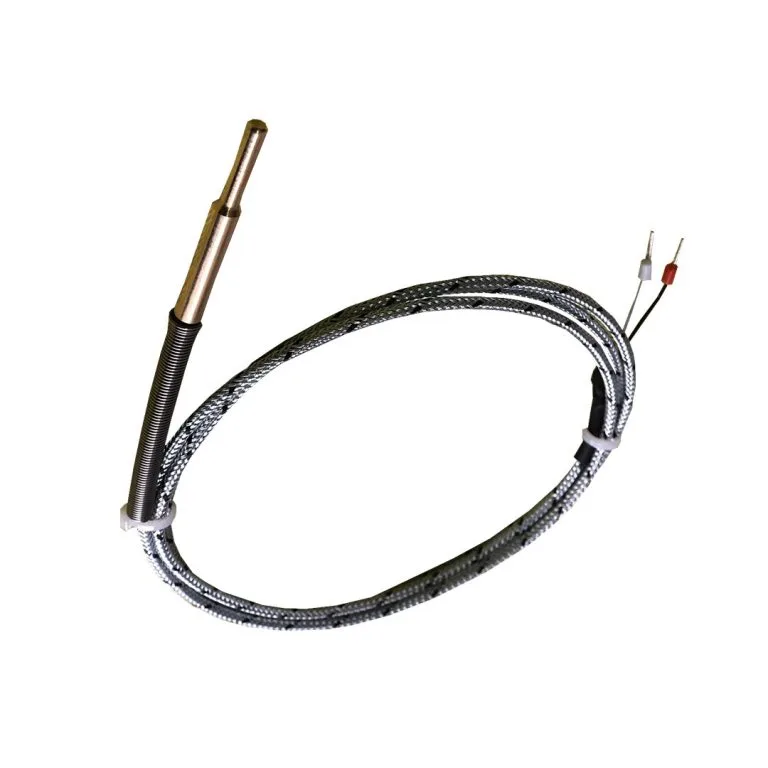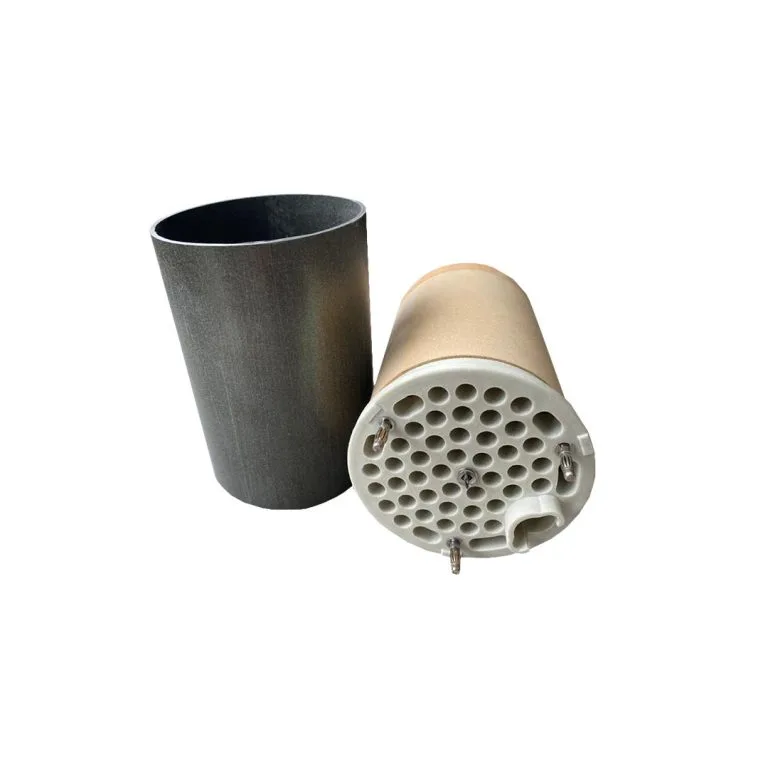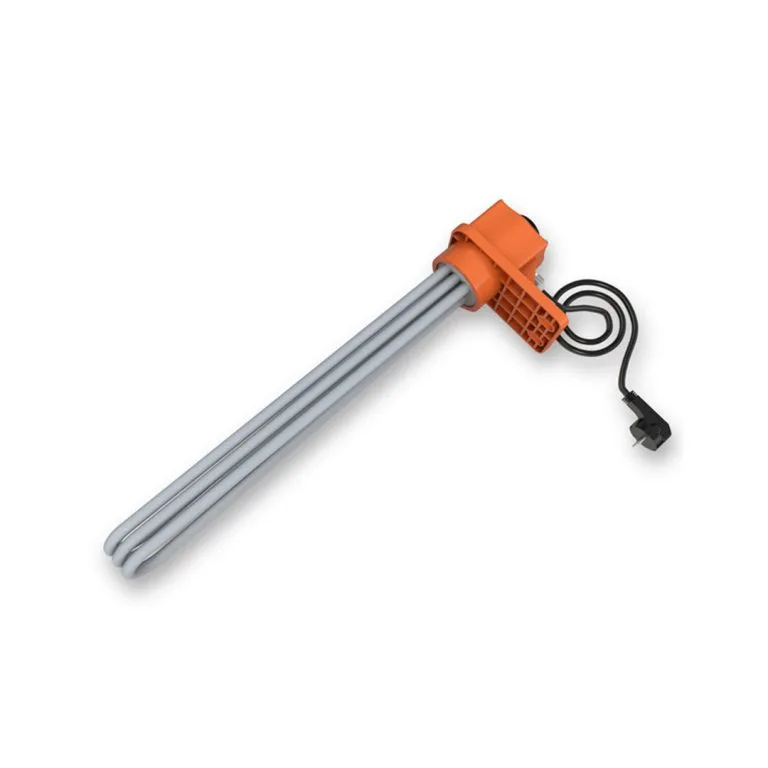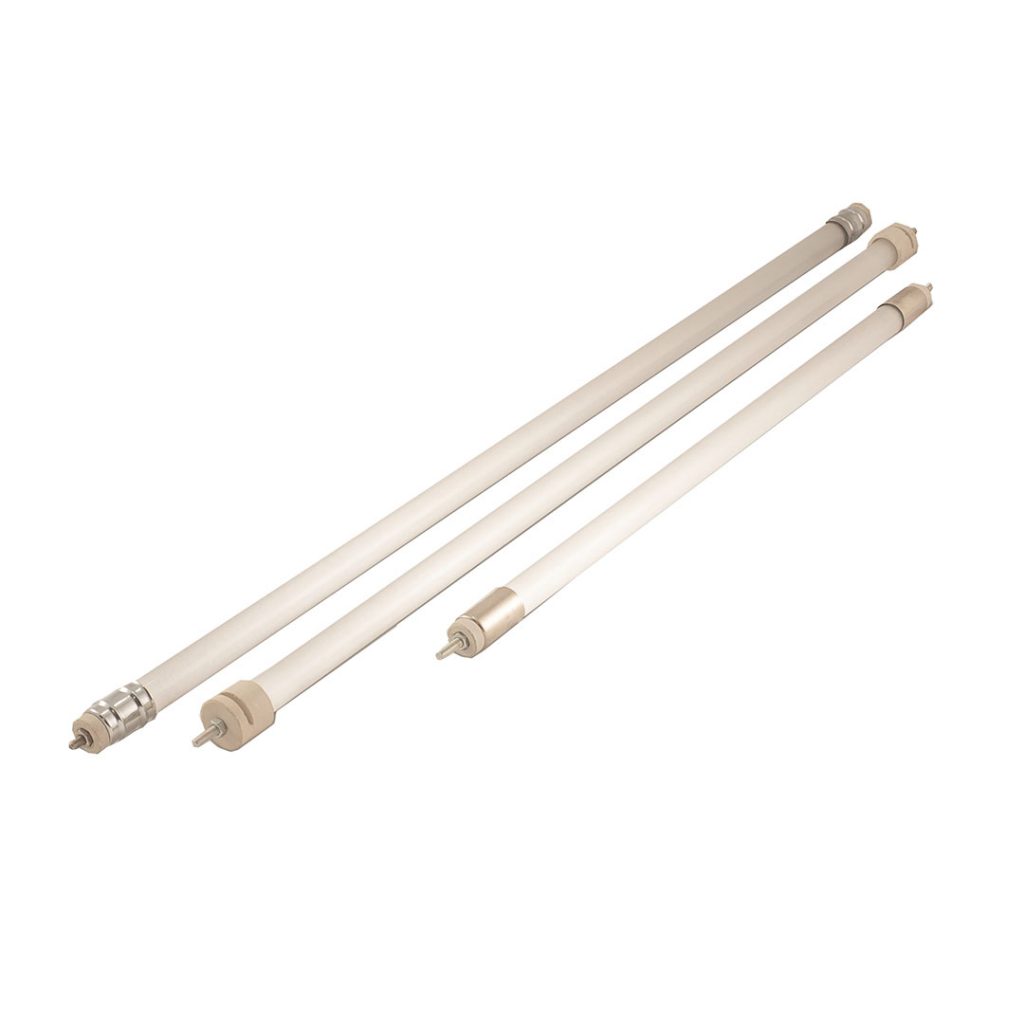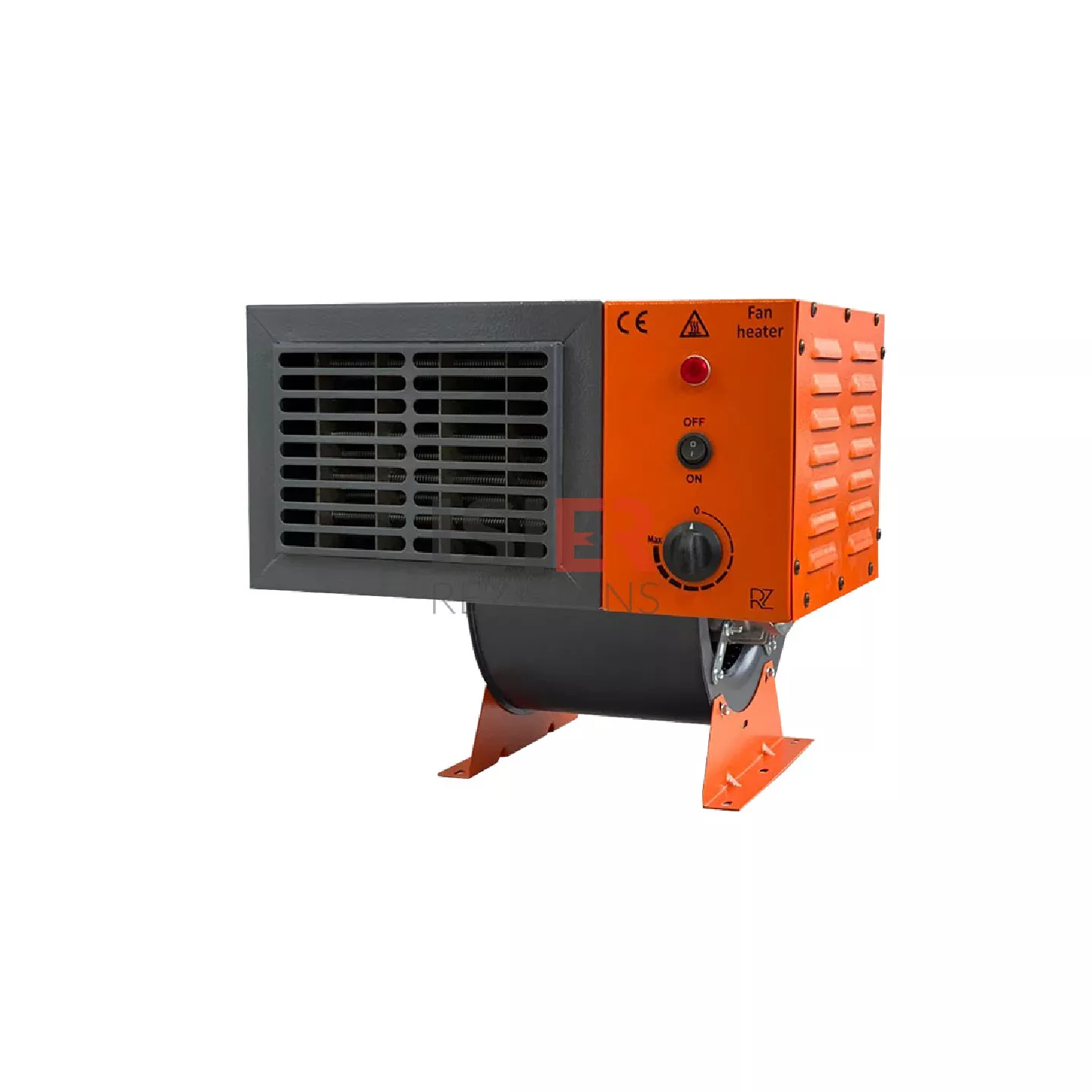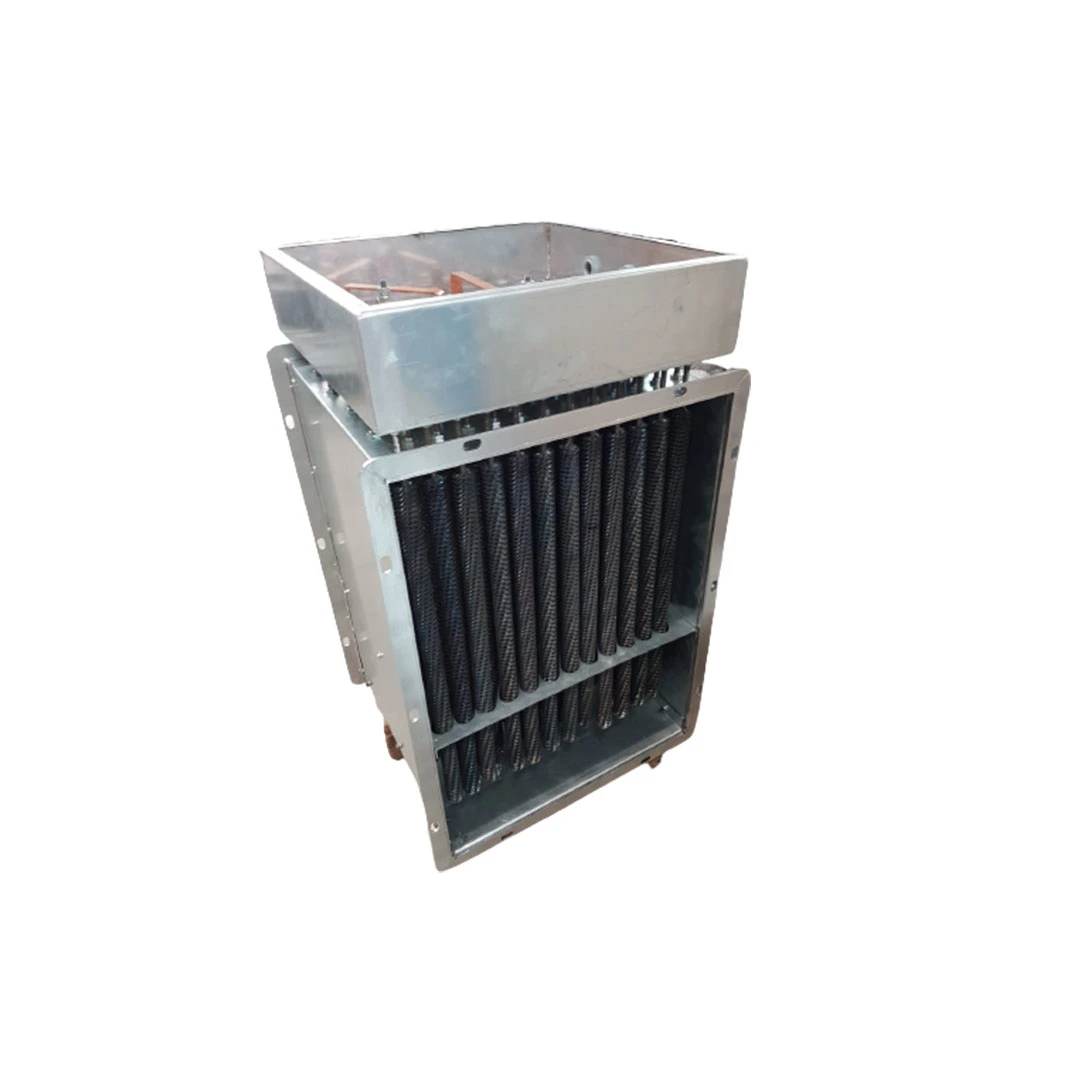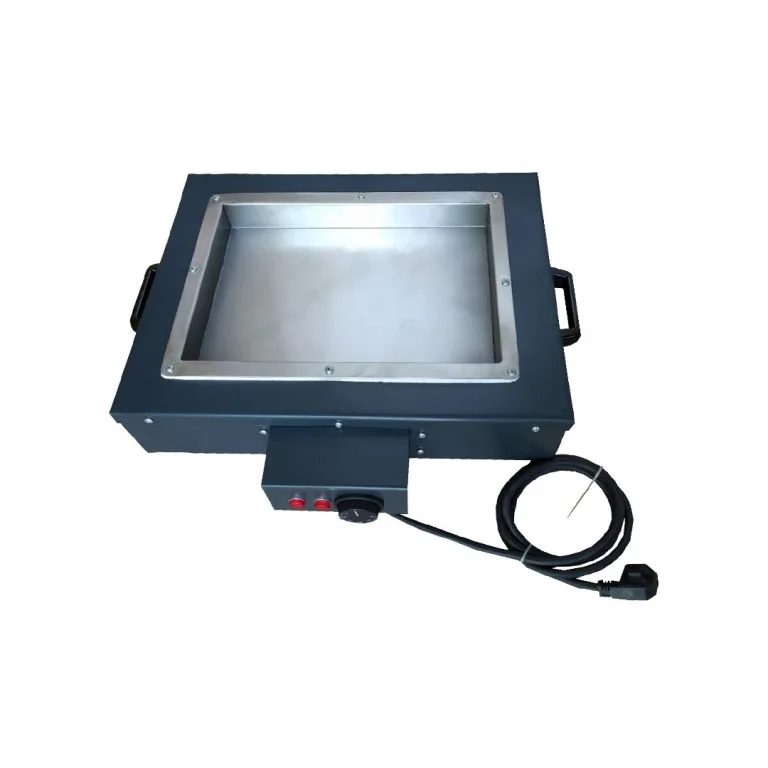The Importance of Chemistry Heaters
In the chemical industry, heaters are commonly used for heating, reaction control, and specialized chemical processes. The chemical industry involves the production of various products, substance transformations, and chemical reactions, making temperature control and heating crucial for these processes. Heaters are used to meet these needs and have various applications in the chemical sector. Here are some reasons for using heaters in the chemical industry:
Solidification and Drying Processes: In the chemical industry, heaters can be used for the solidification or drying processes of chemical substances present in liquid or solution form.
Viscosity Control of Chemical Substances: Some chemical substances can alter their viscosity at certain temperatures. Heaters can be used to provide viscosity control.
Process Heating: In chemical production processes, maintaining a specific temperature level may be necessary for the production of a particular reaction or product. Heaters are used to meet this heating requirement.
Distillation and Fractionation Processes: Temperature control is critical in distillation and fractionation processes in the chemical industry. Heaters help ensure the correct temperature levels are maintained during such processes.
Keeping Chemical Pumps and Valves Warm: Some pumps and valves used in the chemical industry need to be kept at specific temperatures. In such cases, heaters can help maintain the operating temperature of the equipment.
The use of heaters in these applications in the chemical sector contributes to the controllable and effective execution of production processes. Additionally, it enables specific chemical reactions and processes to occur under desired conditions.

Our Products
Your Solution Partner for All Your Resistance Needs
The Importance of Chemistry Heaters
The importance of heaters used in the chemical sector relies on a series of factors. These heaters are utilized in numerous applications such as heating, temperature control, and specialized chemical processes. Here are some factors that determine the significance of chemical heaters:
Chemical Reaction Control: Many reactions in the chemical industry occur under specific temperature conditions. Heaters enable precise and controlled temperature regulation of reactions.
Heating and Drying Processes: Heating is necessary for solidification or drying processes of substances in liquid or solution form in chemical production processes. Heaters are used in such processes to ensure materials are processed at the correct temperature.
Viscosity Control: The viscosity of some chemical substances can change with temperature. Heaters can facilitate viscosity control and help materials reach the desired consistency.
Process Heating: Maintaining a specific temperature level may be necessary to obtain a certain reaction or product in chemical production processes. Heaters are used to provide the required process heat.
Distillation and Fractionation Processes: Temperature control is crucial in distillation and fractionation processes in the chemical industry. Heaters can assist in achieving the correct temperature levels during such processes.
Controlled Environments: Certain environments in chemistry laboratories or industrial facilities may require precise control of factors such as temperature, humidity, and pressure. Heaters are used to provide this control.
Adaptation for Special Applications: Heaters used in the chemical industry can be designed to adapt to specific application requirements. This provides flexibility in using them in specialized production processes and applications.
By combining these factors, chemical heaters contribute to making chemical production processes safer, more efficient, and controllable.
Technical Specifications of Heaters Used in Chemical Industry
The technical specifications of heaters used in the chemical sector can vary depending on specific applications and needs. However, generally, the following technical specifications are considered for heaters used in the chemical industry:
Nominal Power (Watt): It denotes the heating capacity of the heater. Heaters used in the chemical sector should have a specific nominal power suitable for a particular heating requirement.
Nominal Voltage (Volt): It represents the operating voltage of the heater. The equipment and facilities used in the chemical sector should be compatible with the electrical system.
Material: The material used in the construction of the heater should possess properties such as chemical resistance and high temperature tolerance. For instance, nickel-chromium alloys or other special alloys can be used.
Temperature Range: The temperature range in which the heater can operate is important for a specific application. Heaters with high temperature tolerance are generally used in the chemical sector.
Resistance Value (Ohm): The resistance value of the heater represents its resistance at a certain temperature under a specific current. This value is crucial for controlling heating processes.
Corrosion Resistance: Heaters used in the chemical sector should be resistant to chemicals and environmental conditions.
Protection Class (IP Rating): It determines the resistance of the heater against environmental conditions. Especially if it will be used in humid or dusty environments, it should have an appropriate IP protection class.
Mounting and Connection Features: The mounting and connection features of the heater should be suitable for easy integration and installation.
Compliance and Certifications: The heater should comply with industry standards and possess necessary safety and quality certifications.
Energy Efficiency: Energy efficiency is important in the chemical sector. Increasing the energy efficiency of heaters can reduce costs and minimize environmental impacts.
These technical specifications are crucial factors determining the reliability, durability, and performance of heaters used in the chemical sector. Heaters selected according to application requirements can contribute to the efficient and safe management of production processes.
Considerations for Choosing a Heater in the Chemical Industry
Selection of heaters in the chemical sector should be done carefully to meet industrial application requirements and ensure a safe and efficient production process. Here are the important factors to consider when selecting heaters in the chemical sector:
Chemical Resistance: It is important for the heater to be resistant to the chemicals present in the environment where it will be used. Using materials resistant to chemicals can provide long-lasting performance.
High Temperature Tolerance: High temperature requirements are common in the chemical industry. Therefore, the selected heater should be able to withstand high temperatures.
Reaction Control: Controlling chemical reactions often requires maintaining a specific temperature level. The heater’s capacity to provide this control is important.
Application Area and Process Type: The application area and process type where the heater will be used affect the selection of the appropriate heater type. For example, different processes such as drying, distillation, or reaction control may require different types of heaters.
Certifications and Standards: It is important for the heater to comply with industry standards and safety certifications. This ensures a safe and compliant working environment.
Ease of Mounting and Integration: The heater should be easy to mount and integrate. This facilitates maintenance processes and system changes.
Energy Efficiency: Using energy-efficient heaters can reduce costs and minimize environmental impacts.
Protection Class (IP Rating): Depending on the environment where the heater will be used, it is important for the heater to have an appropriate IP protection class to protect against moisture, dust, and chemicals.
Operating Temperature and Temperature Control: The operating temperature of the heater should be suitable for application requirements. Additionally, the ability to provide temperature control is important.
Ease of Maintenance and Repair: The selected heater should be easy to maintain and repair. This contributes to the uninterrupted continuation of production processes.
Heater selection has a significant impact on the safety, efficiency, and continuity of operations. Therefore, the right heater should be selected taking into account application requirements and operating conditions.
Acid Bath Heaters Used in Chemical Sector
In the chemical sector, acid bath heaters are resilient and safe heating solutions specifically designed to be used in environments containing acids. These types of heaters must have special features because they are exposed to chemical reactions in acid baths. Here are some key features of acid bath heaters used in the chemical sector:
Acid-Resistant Material: Acid bath heaters are typically made of special alloys that are resistant to acids. Materials such as stainless steel or special nickel-chromium alloys can be used.
Chemical Resistance: Acid bath heaters must be chemically resistant to acids to ensure prolonged use.
Corrosion Resistance: Acids can often cause corrosion on metal surfaces. Acid bath heaters should have a high level of corrosion resistance.
High Temperature Tolerance: Acid bath heaters must have a high temperature tolerance as they are often exposed to high temperatures.
Nominal Power and Voltage: The nominal power and voltage of the heater should be suitable for the heating requirements of a specific acid bath.
Uniform Heat Distribution: The heater should produce and distribute heat evenly within the acid bath, ensuring homogeneous heating.
IP Protection Class: Acid bath heaters should have an appropriate IP protection class to protect against moisture and liquids.
Control and Regulation Capabilities: Acid bath heaters should have suitable connections and sensors for temperature control and regulation.
Ease of Installation and Maintenance: The heater should be easy to install and maintain, making operational processes more effective and efficient.
Compliance and Safety Standards: Acid bath heaters should comply with compatibility and safety standards.
These features ensure the safe and effective use of acid bath heaters in the chemical sector. When selecting an acid bath heater, special application requirements and the chemical conditions in the acid bath should be taken into account.



